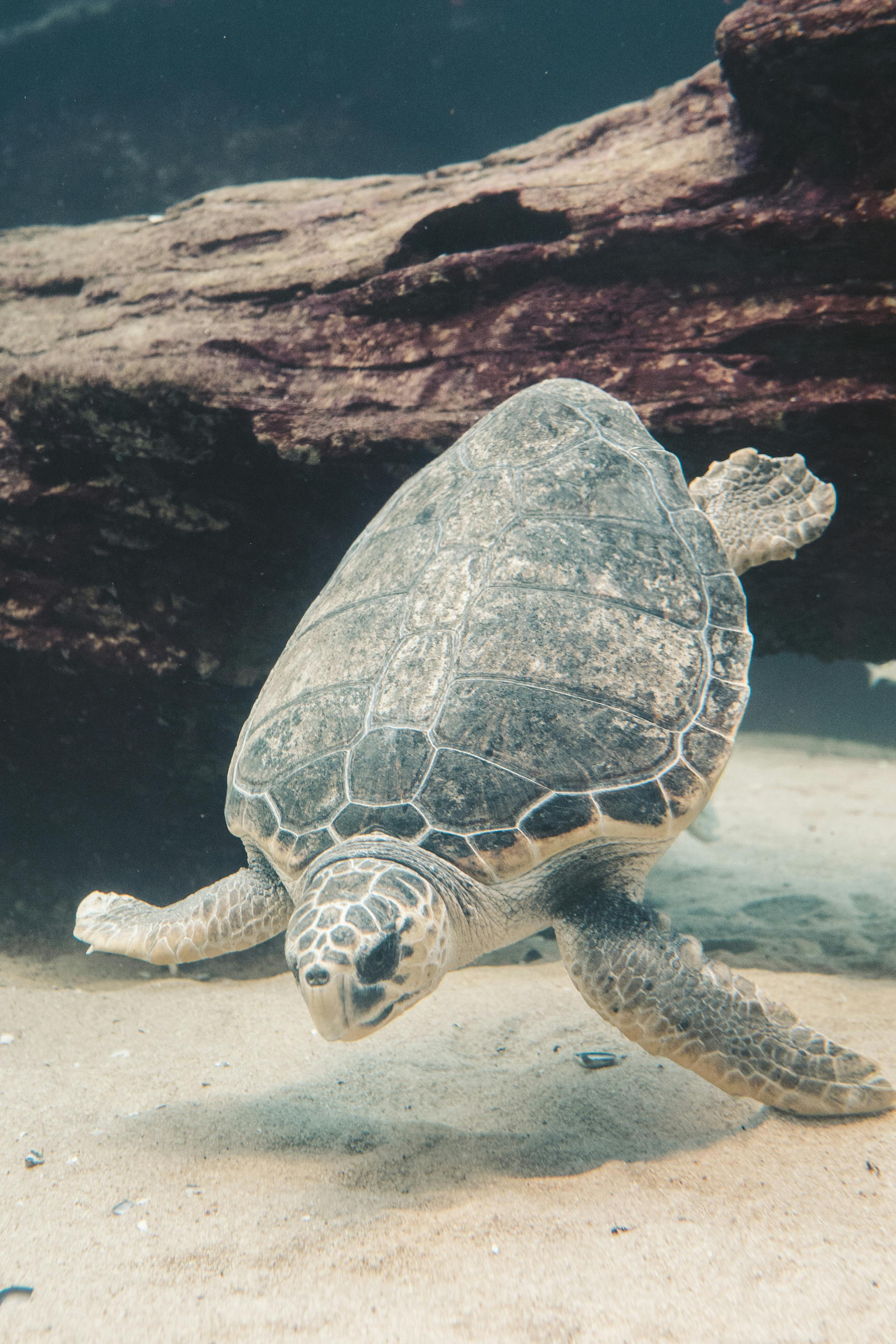Effective Ways to Optimize Your Betta Fish Diet in 2025

Effective Ways to Optimize Your Betta Fish Diet
Optimizing your betta fish diet is crucial for ensuring their health, vibrancy, and longevity. Betta fish are known for their diverse diet in their natural habitat, typically consuming a variety of insects and larvae, which brings a challenge for pet owners to replicate that balance with the foods available on the market. Understanding betta fish nutritional needs is vital as improper feeding can lead to various health issues, including obesity, malnutrition, and even disease. This article will delve into the best betta fish diet practices, including types of food, feeding frequency, and homemade options to support their dietary requirements.
As you embark on this journey to fully nourish your betta, you'll learn about the different food types available, including betta fish pellets, flakes, and live options. We’ll also touch on the importance of a balanced diet for bettas, how to store their food correctly, and the role of supplements in enhancing their health. Join us as we explore these effective ways to optimize your betta’s diet, ensuring they thrive in your aquarium.
Understanding Betta Fish Nutritional Needs
Before diving into specific diets, it’s essential to grasp the primary nutritional needs of betta fish. Betta fish require a diet rich in protein as they are carnivores by nature. An ideal diet for betta fish includes a variety of protein sources such as freeze-dried or frozen food, which includes bloodworms, brine shrimp, and daphnia. Ensuring that your betta fish proteins come from high-quality sources is crucial for maintaining their health and beautiful coloration.
The Role of Protein in Betta Diets
Protein is foundational in the betta fish diet since it helps in muscle development, tissue repair, and immune support. Commercial betta fish food often contains protein derived from both animal and plant sources, but it's vital that animal protein makes up the majority of their diet. For optimal growth and health, aim for a dietary protein level of at least 30-40% in your betta's food.
Fats and Carbohydrates
While protein is essential, fats and carbohydrates play an important role as well. Fats provide energy and support the absorption of fat-soluble vitamins, while carbohydrates can be an energy source, although they should only make up a small percentage of a betta's diet. Look for foods that contain healthy fats and limit high-carb fillers, as these can lead to health issues like obesity if consumed excessively.
Vitamins and Minerals
Vitamins and minerals are equally important to ensure that your betta fish's diet supports their overall health. Key vitamins include vitamin A, which promotes sight and immune function, and vitamin C, which is crucial for enhancing their immune system. A good betta fish food will provide a balanced range of vitamins necessary for proper growth and health.
Types of Commercial Betta Fish Food
When it comes to feeding your betta fish, a variety of commercial fish food options are available. Familiarizing yourself with the types of betta fish food helps you provide the most balanced diet. This section will explore the different food types suitable for bettas, ensuring you find the best options tailored to your fish's needs.
Premium Betta Pellets
Betta pellets are a popular choice among fish owners and are designed specifically to meet the dietary needs of these fish. Look for top betta fish brands that offer high protein content and low fillers in their formulations. Premium betta pellets can boost a betta's health significantly due to their balanced nutrient composition.
Flakes and Freeze-Dried Foods
While flakes are an excellent option for variety, they should not be the sole food source. Freeze-dried foods, such as bloodworms or shrimp, provide a nutritious boost and can be a great treat for your betta fish. Remember to avoid overfeeding as these foods can expand in the fish's stomach.
Live Food Options
Live food for betta fish can include small insects or larvae that mimic their natural diet. Common choices are daphnia, brine shrimp, and mosquito larvae. Feeding bettas live foods can significantly improve their health and activity levels, but they should be given in moderation to prevent overfeeding.
Feeding Schedule and Frequency
The feeding frequency of your betta fish is as crucial as the type of food you offer. Proper feeding routines play a direct role in their health and stress levels. Establishing a consistent schedule will help your betta thrive in the long run.
Feeding Young vs. Adult Bettas
Dietary needs vary between age groups. For betta fry, a diet high in protein is crucial to aid in their rapid growth. Feed them small amounts multiple times throughout the day, using powdered or crushed food suitable for their size. Adult bettas, on the other hand, require fewer feeding sessions; generally, once or twice a day is sufficient to maintain their health without making them overweight.
Adjusting Feeding Frequency
Seasonal changes can impact your betta's metabolism and appetite. During the warmer months, they may require more frequent feeding due to increased activity levels. Conversely, in cooler temperatures, you may need to reduce the feeding frequency as their metabolism slows down. Keep an eye on your betta’s behavior and adjust their feeding accordingly.
Signs of Overfeeding or Underfeeding
Monitoring eating habits is crucial in ensuring your betta is receiving adequate nutrition. Signs of overfeeding include floating food debris and bloating in your fish. In contrast, signs of underfeeding feature lethargy and visible rib bones. Regularly evaluate your betta fish feeding behavior to maintain a healthy balance.
Homemade Betta Fish Food Recipes
For fish keepers looking to provide something special, homemade betta fish food can be a rewarding option. Not only can you control the nutritional content, but you also have the opportunity to introduce variety into your betta's diet.
Basic Homemade Betta Food
A basic recipe may include a mix of high-protein foods such as shrimp and fish blended with some vegetables like spinach or peas. Freeze the mixture in small portions for convenient feeding. Homemade recipes can help tailor the diet to fit your specific betta's taste preferences.
High-Protein Gel Foods
Gel-based foods are gaining popularity due to their nutrient retention. You can make a gel food by combining high-quality protein sources with gelatin. This form doesn't pollute the tank and keeps your fish engaged while eating.
Incorporating Vegetables
Although bettas are carnivores, incorporating small amounts of vegetables such as peas or zucchini can aid digestion. Make sure the vegetables are thoroughly cooked and mashed before serving to avoid any potential digestive issues in your betta.
Supplementing the Betta Fish Diet
To ensure optimal health and well-integration of essential nutrients, consider supplementing your betta fish diet. Adding vitamins or specialized supplements can enhance overall wellness and resilience.
Best Supplements for Betta Fish Growth
Specialized supplements designed for betta fish can fill in nutritional gaps. Look for those that promote growth, enhance coloration, or improve immune responses. Supplements rich in omega fatty acids can also be beneficial for their cardiovascular health.
Rotating Diets and Treats
It's important to rotate foods and include treats like bloodworms or freeze-dried shrimp to prevent food boredom. This approach also ensures that your betta receives a diverse blend of nutrients while keeping their feeding experience exciting.
Identifying Dietary Deficiencies
Be aware of signs indicating nutritional deficiencies in your betta, such as dull coloration, lethargic behavior, or changes in appetite. Consult with an aquarist or a veterinarian specializing in fish nutrition if you suspect your fish lacks essential nutrients.
Common Feeding Mistakes to Avoid
Even seasoned aquarists can fall into feeding traps. Identifying and avoiding these common mistakes can lead to a healthier, happier betta. This section outlines potential pitfalls and how to navigate them effectively.
Overfeeding and Its Symptoms
Overfeeding is the most prevalent mistake among fish keepers. Too much food can lead to bloating, swim bladder problems, and water quality issues. Maintain a routine for measuring food—typically, offering a small amount your betta can consume in 2-3 minutes is ideal.
Ignoring Food Types
Using the same food repeatedly can lead to nutritional imbalances and reduced fish vitality. Varying food types will introduce different nutrients and mimic their natural diet better. Always ensure those variations come from reputable sources.
Failure to Observe Feeding Behavior
Being attentive to your betta’s feeding behavior is crucial. If your fish consistently refuses food, it can mean something is wrong, such as illness or stress. Regular observations help in adjusting diets and ensuring that your betta stays healthy.


FAQs about Betta Fish Diet
What is the best food for betta fish?
The best food for bettas includes high-quality pellets, flakes, and occasional live or frozen food. Look for products that have animals as their primary protein source and avoid those with high fillers like corn.
How often should I feed my betta fish?
Feed your betta fish once or twice daily, providing only as much as they can consume in 2-3 minutes. Adjust feeding frequency based on temperature and activity levels.
Can bettas eat vegetables?
While bettas are primarily carnivorous, small amounts of vegetables like peas or spinach can aid digestion. Ensure they are cooked and mashed into small pieces to prevent choking or digestive issues.
Conclusion
Establishing an effective betta fish diet is a multifaceted approach involving the right types and frequencies of food, as well as considerations for supplementation. By understanding your betta's dietary needs and preferences, you can create a balanced meal plan that supports their health and vibrancy. Remember, the journey of providing a rich nutritional foundation for your betta is continuous, and your attention to their feeding habits will greatly impact their overall well-being.